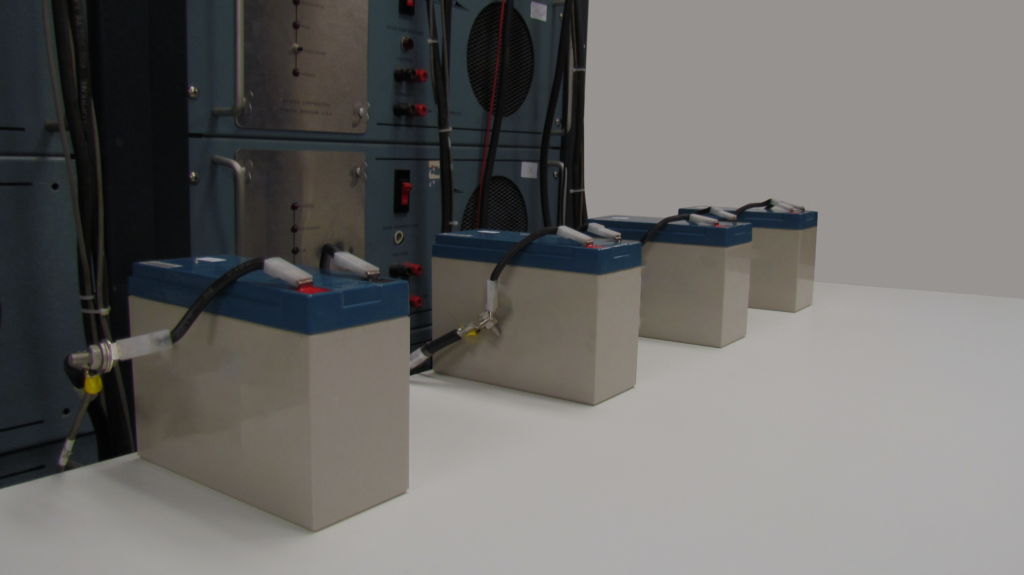Excessive temperatures can have several negative effects on lead-acid batteries:
- Reduced Capacity: High temperatures can cause the electrolyte to evaporate more quickly, leading to a decrease in the amount of electrolyte in the battery. This can reduce the battery’s capacity and overall performance.
- Reduced Lifespan: High temperatures can also accelerate the degradation of the battery’s internal components, such as the lead plates and the separator. This can reduce the battery’s lifespan and lead to premature failure.
- Increased Self-Discharge: High temperatures can increase the rate of self-discharge in the battery, meaning that it will lose its charge more quickly when not in use.
- Risk of Thermal Runaway: In extreme cases, high temperatures can cause a lead-acid battery to enter thermal runaway, a dangerous condition in which the battery generates heat faster than it can dissipate it. This can lead to the battery exploding or catching fire.
- Reduced Charging Efficiency: High temperatures can reduce the efficiency of the charging process, meaning that it will take longer to fully charge the battery.
To mitigate these effects, it’s important to store lead-acid batteries in a cool, dry place and avoid exposing them to excessive heat. If you’re using a lead-acid battery in a high-temperature environment, consider using a battery with a higher temperature rating or implementing additional cooling measures to help keep the battery within its optimal operating temperature range.


